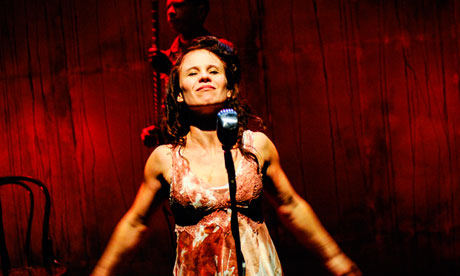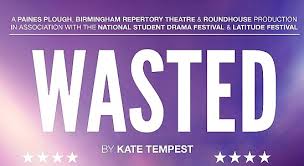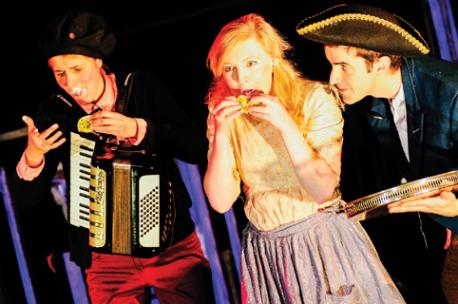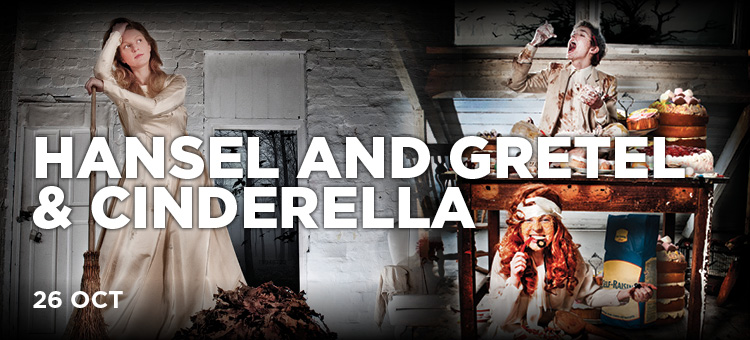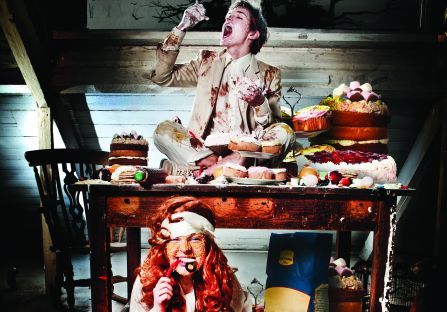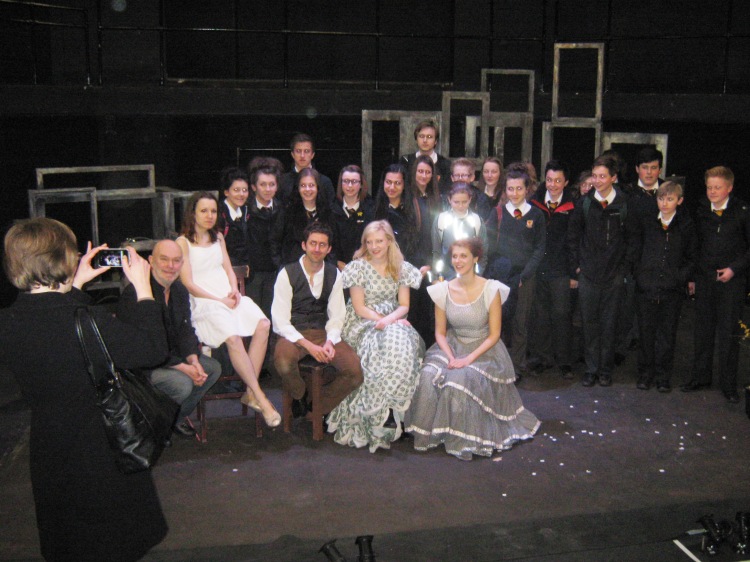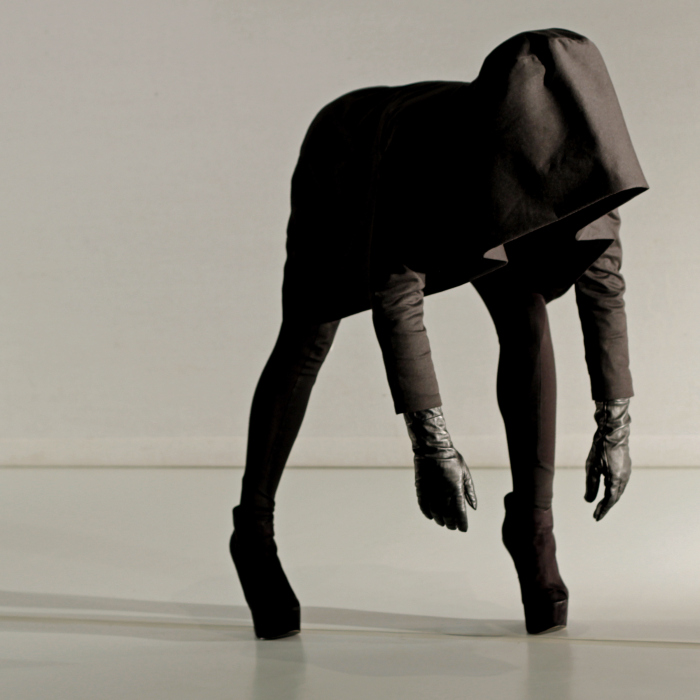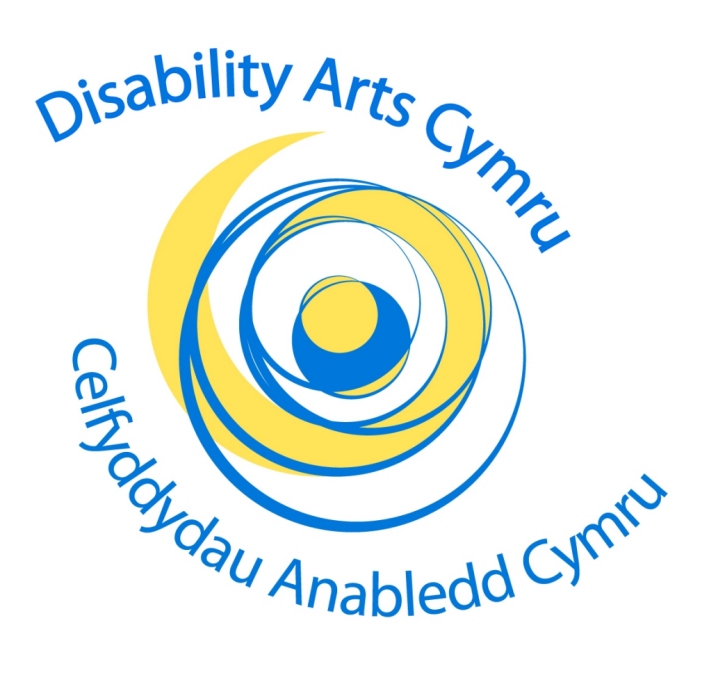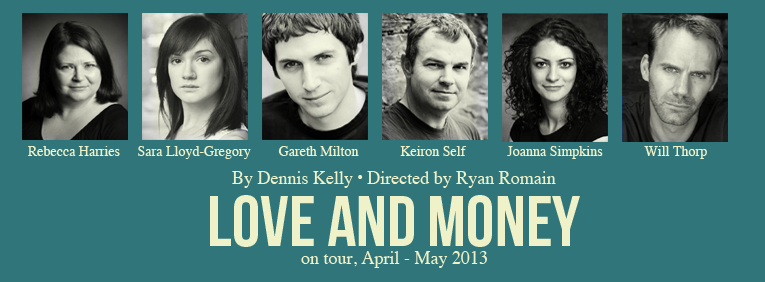
Love and Money
Waking Exploits
At Chapter Arts Centre
11th April 2013
Almost hidden in the corner a small fish tank filled with its very own barcode striped set mirrored the stage. As the small goldfish swam aimlessly around it was impossible not to draw comparison between this small creature and the characters that are all trapped by their own compulsions, passions or self-imposed restrictions.
Just like the goldfish David (Will Thorp) seems lost in his own world. As he communicates awkwardly via email with his new French lover he slowly reveals his wife’s tragic death and the role he played in it. Saddled by £70,000 of debt and an overwhelming shopping addiction his young bride, Jess, saw no other way out – neither did he.
Although Love and Money is a very wordy play, mostly consisting of monologues and dialogues, there was never a lull in the tension. Spiralling backwards in time Jess’s parents (played by the perfectly cast Rebecca Harries and Keiron Self ) share their horror at the huge monuments being built on the grave next to their daughter’s. Their love for their child is obvious but they can’t help but ask “why didn’t we help her?” Finally settling on the answer “She’ll never learn if we always bail her out.”
Occasionally dipping into surrealism the play asked a lot from the actors, especially Joanna Simpkins and Gareth Milton who both skilfully navigated a number of different roles. In a darkly comic nightclub scene sleazy ‘agent’ Duncan and seemingly naive office worker Debbie reveal the truth about the depths that people will stoop to in order to make quick cash.
The stand out performance – in a show full to the brim with talent – came when Jess (Sara Lloyd-Gregory) entered and talked about her obsession with aliens, eventually revealing the paralysis she experienced when trying to decide between two different sets of forks. For her the compulsion to fill her life with material things seems to fill a void – but who or what this void was created by is only hinted at and each spectator is left to make up their own mind. Jess’s scenes in particular were complimented by Declan Randall’s multimedia design that gave the production a completeness and immersive quality.
In this close look at our society’s obsession with money and material goods there were no easy answers. In what could be a jumpy and hard to follow play Ryan Romain’s direction pulled all the viewpoints into a cohesive whole that was both interrogative and heartfelt.
Like the goldfish the play doesn’t really go anywhere due to the big shock of the narrative happening at the very beginning. Yet the energetic and completely engrossed cast carried the performance on waves of dark humour and heartbreaking honesty.
Don’t miss out on this challenging and inventive production.
Tour dates and more info: www.wakingexploits.co.uk




